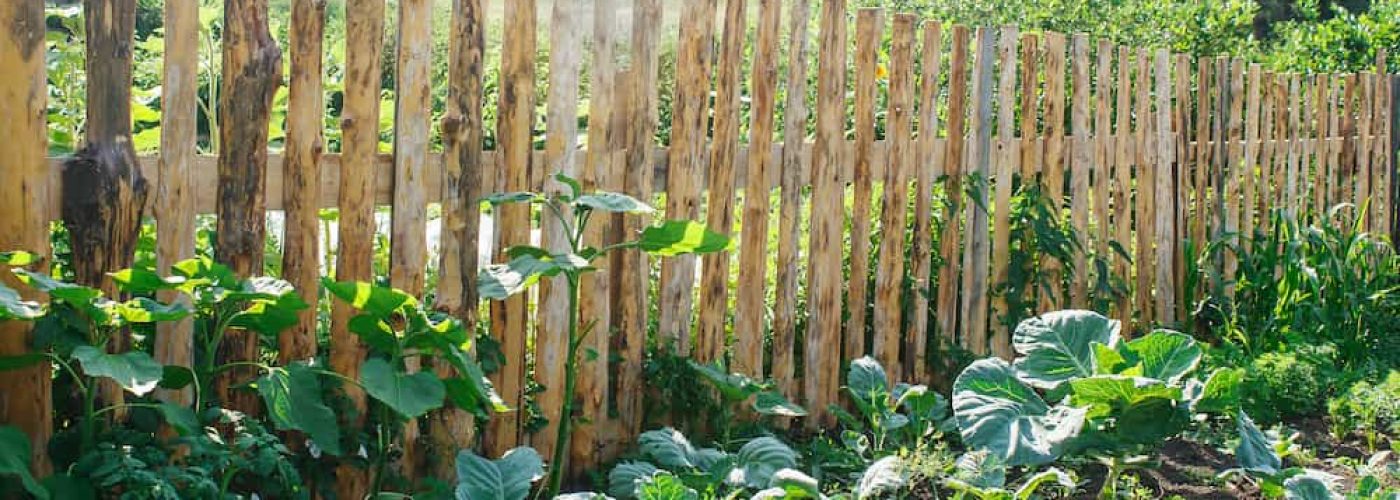Gardening can have a hoard of unexpected benefits, both for your physical and your mental welfare. And then of course, there’s the most obvious upside to gardening – getting a lot of great, healthy produce. But gardening also comes with its own set of drawbacks and worries, one of which is the appearance of unwanted wildlife on your property.
Naturally, these critters are attracted to your garden as an obvious and free source of food, but that’s not great news for you. So what might you do to deter these critters from approaching?
1. Fence up!
Honestly, this shouldn’t even be on the list as it’s so obvious. Ideally, you should put up a fence around your garden from day one, so as to protect it against unwanted wildlife, but in case you fail to do that, the sooner, the better, honestly.
What type of fence will depend on which type of wildlife worries you most. A basic fence that’s a few feet tall will keep bunnies at bay, but you may also want to cover it in chicken wire mesh or some other similar material that’s difficult to chew through, to keep rodents away. Make sure you run the fence a few feet into the ground, as well, to keep at bay diggers.
2. Call a professional.
If you’re unsure how you can protect your garden, you may want to bring in a qualified professional like Norcal Wildlife Removal.They’ll know what to look for, and how to best protect your property from the most worrisome pests.
Speaking of which, you’ll want to identify the animal that’s most likely to bother you, based on region. Based on that, you’ll want to do your research. For instance, you can visitopossumpestcontrol.com to learn more about opossum control.
3. Opt for less appetizing plants.
Sure, you might have your heart set on a particular plant, but let’s face it, if that plant is particularly appealing to wild intruders, this might just not be practical. So a good idea would be to opt for less tasty plants, instead, so as to decrease the risk of attracting unwanted attention.
Of course, some animals will be harder to deter than others. For instance, raccoons are particularly well-known for their broad palate, so keeping them at bay may be trickier, even if you do opt for the less tasty plants. In that case, you may want to look into subjects like raccoon trapping, to ensure the safety of your garden.
4. Protect weaker and newer plants.
Trunk wraps and other types of protectors are available for protecting new plants that are fresh from the store. Think about it, just like you’re more attracted to freshly bought food than to an apple that’s been sitting on the counter for a week, so will wildlife be attracted to your new plants.
So take special care to protect these new, and particularly vulnerable plants, in the nursery stage, or else be prepared for a full-out invasion.
5. Trim your grass.
This works well for deterring unwanted wildlife from your property in general, but may also help your growing garden. If you have a naturally trimmed and tidy yard, this will pose a problem for a wild animal. It’s less safe for them to go into open fields, or neat lawns, because this means they have a higher chance of being exposed, and thus harmed.
By keeping a tidy backyard, you’re less likely to attract unwanted wildlife to your garden, than if your backyard was messy and unkempt. These may seem like small details, but put together, they can really make a difference.





